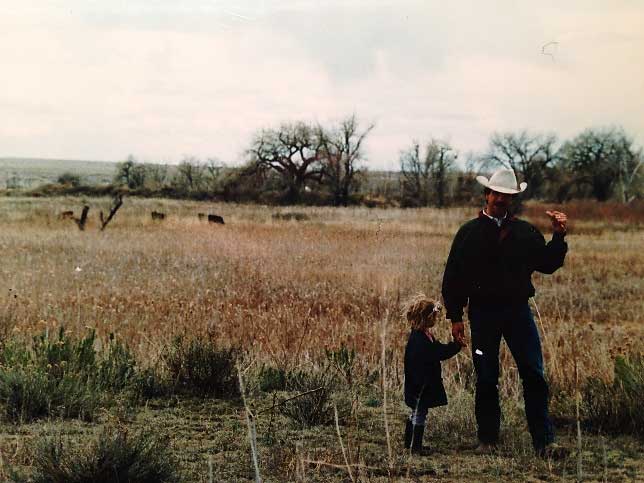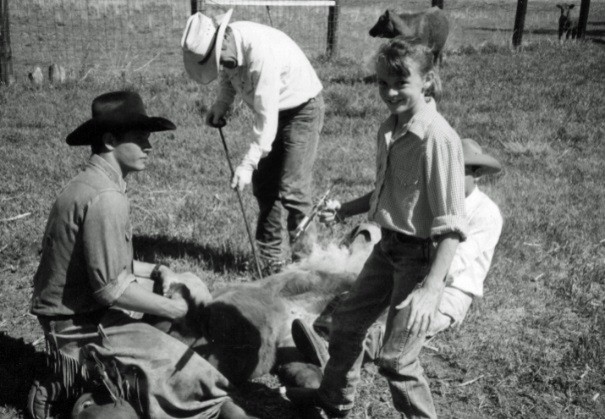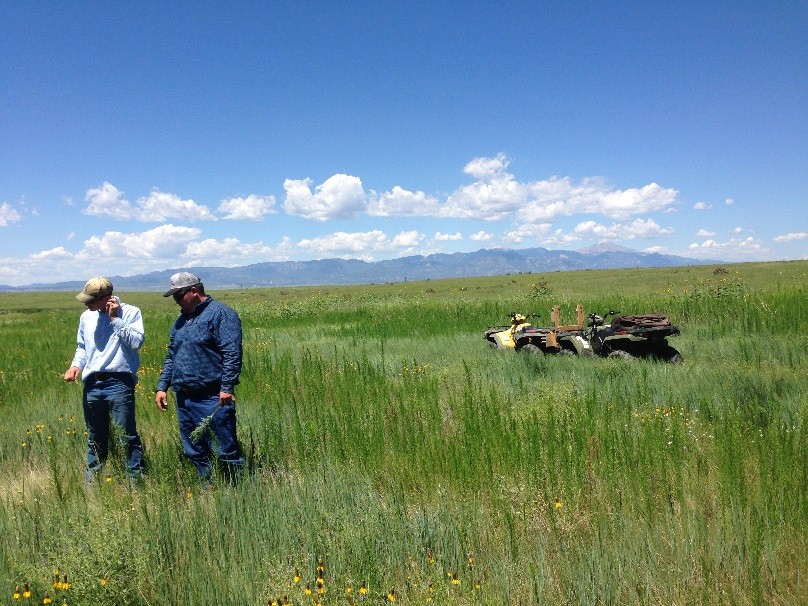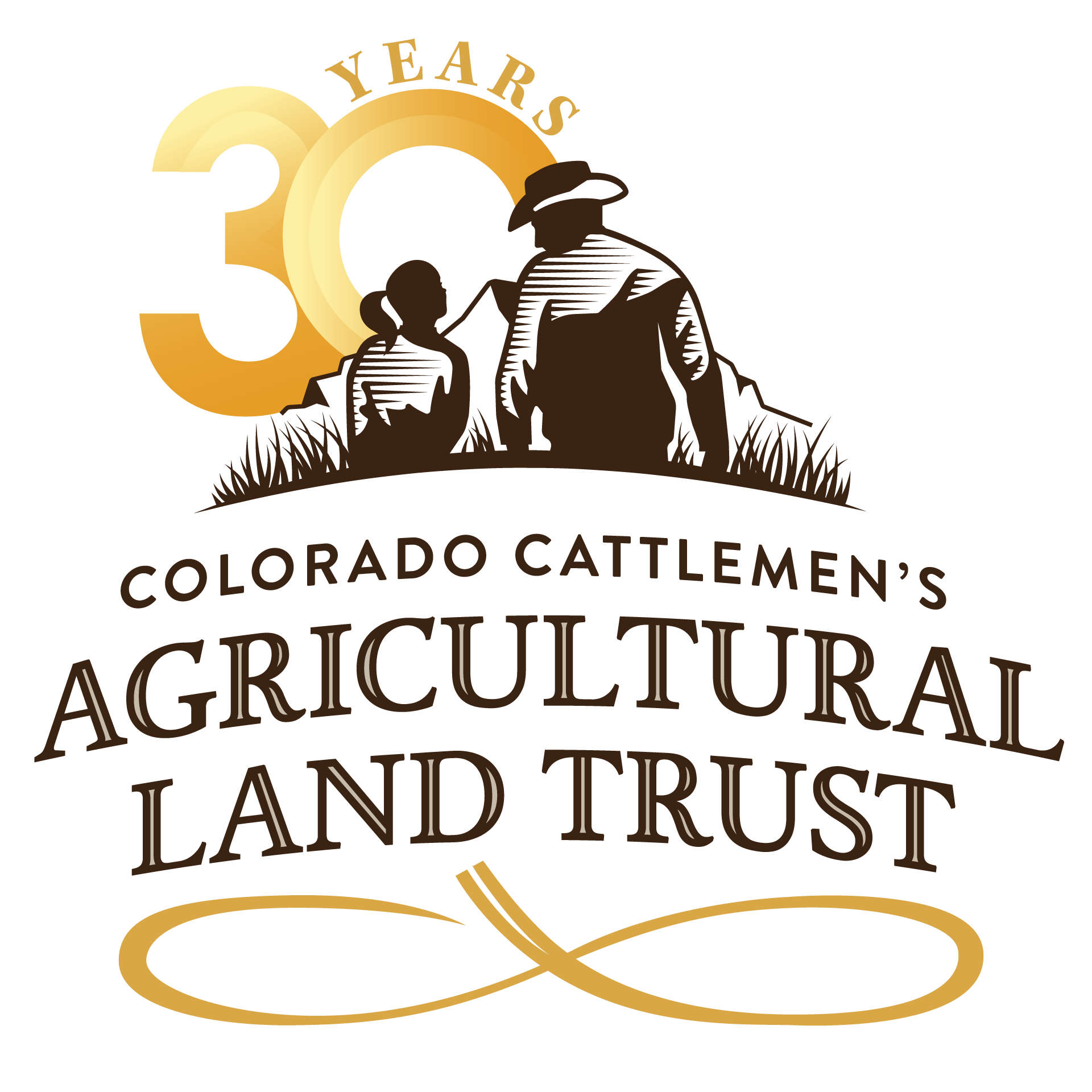“If You Eat, You’re Part Of Agriculture” – Written By Maggie Hanna
When tillage begins, other arts follow. The farmers [and ranchers], therefore, are the founders of human civilization. -Daniel Webster
I grew up in ranching, on a small family-run commercial cow-calf operation in southern Colorado. I grew up checking heifers before the school bus pulled to the end of the driveway, I learned to drive standing on the front seat of the feed truck with the steering wheel tied to the door, I watched the weather change people’s personalities (for better and for worse), and had the chance to be raised by some of the hardest working humans I will ever know.
I grew up in a family that prioritized concepts like engagement, stewardship, and conservation. Even beyond the livestock, these concepts consume us in the way we interact in the community, the ways in which we manage family relationships, the desire to understand the system at large, from the soil and grass, to water and wildlife, systems that support our work. I have always appreciated this lifestyle, despite the cold, hot, dry, or windy weather, the early mornings or late nights, the ups and the downs. I thought this was how people grew up.

It was not until recently that this life reached a new profound level of appreciation and understanding, when I had the opportunity to complete the Texas Christian University Ranch Management Program, in Fort Worth, Texas. The program prepares professionals to manage a broad range of global resources on an ecologically and economically sound basis while conserving and improving resources. The program forces you, as a ranch manager, to see as much of the picture as possible. It is not just a game for cowpokes, this is work that incorporates legislation, consumer demands, rural economies, and a drive to stay current. Along with 26 classmates from around the country, I studied the production of meat proteins, the impact of production on the environment, market forces driving the industry, and the delicate yet necessary management of business and family as one.

On my refrigerator I have a magnet that reads “if you eat…you are part of agriculture.” Though this is a system only a few of us have the chance to work in, it is a system all of us have the opportunity to work on. If we eat, we owe it to society to pay attention, to be informed, and to be engaged. The production of food and fiber goes far beyond food and fiber. The farmers and ranchers who work day in and day out do it because they have an undeniable commitment to the land and livestock, to maintaining open spaces, and to creating healthy places for communities beyond themselves.
Though a mere fledgling in the world of ranch managers, food producers, and land stewards, I am energized every day to know that this is work that will provide food, will conserve working agricultural lands, and will tie each new generation to our agricultural heritage. Ranching is a profession that will humble me every day and will teach even when I don’t want to learn (most recently these lessons have come in the form of pinched fingers from fence stretchers, unpredictable cattle markets, flat tires, and challenging family conversations).
Though this work will undoubtedly keep me awake many nights, will wake me up early, and will stretch me far beyond my comfort zone, I believe in it, because BEEF it’s what’s for dinner.

